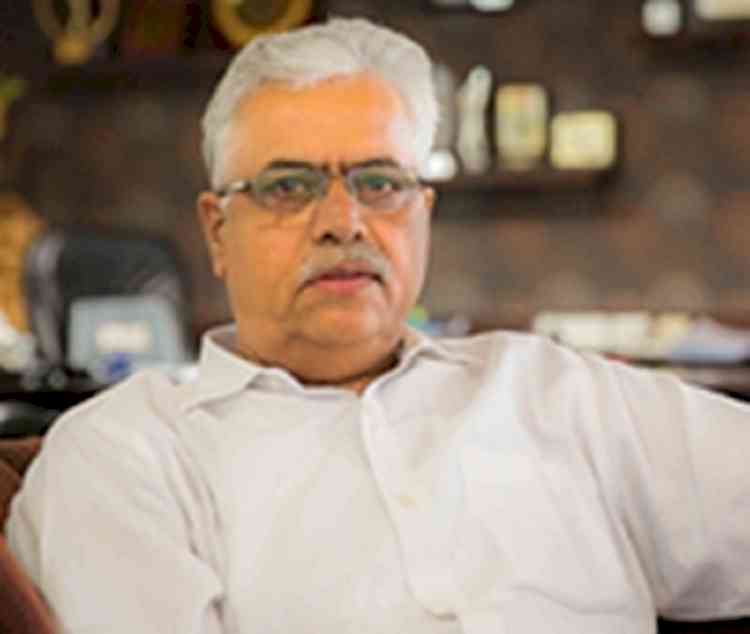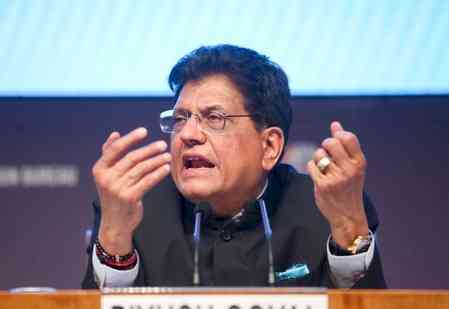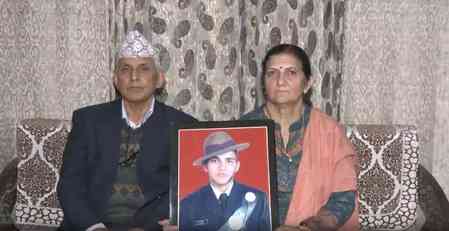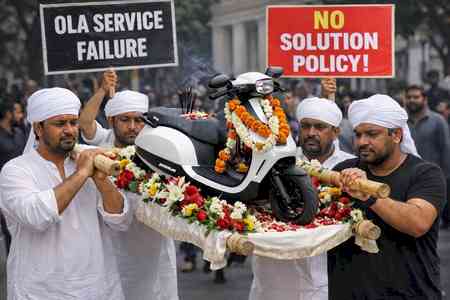PMLA case: Delhi HC seeks ED response on Supertech Chairman's regular bail plea
The Delhi High Court on Wednesday sought the Enforcement Directorate’s (ED) response on a plea by Supertech Group Chairman R.K. Arora, arrested in a case under the Prevention of Money Laundering Act (PMLA), challenging a trial court order denying him regular bail.

New Delhi, Jan 31 (IANS) The Delhi High Court on Wednesday sought the Enforcement Directorate’s (ED) response on a plea by Supertech Group Chairman R.K. Arora, arrested in a case under the Prevention of Money Laundering Act (PMLA), challenging a trial court order denying him regular bail.
Justice Manoj Kumar Ohri issued notice to the probe agency and listed the matter for further hearing on February 21.
On January 24, Additional Sessions Judge Devender Kumar Jangala of Patiala House Courts had dismissed the regular bail plea of Arora.
The court had granted Arora 30 days interim bail on January 16.
The ED had then challenged Jangala's January 16 order granting him interim bail.
Noting that Arora had already been released from jail after receiving interim bail from a trial court, the high court had scheduled the matter for further hearing on February 9.
Jangala had allowed bail, holding that the top court has recognised the right of the accused to obtain the treatment even from a private hospital at his own cost and expenditure.
The judge granted him relief on a personal bail bond of Rs one lakh and a surety of Rs two lakh.
Arora had moved the court on January 10 seeking three months' interim bail, citing health issues, and had informed the court that he has lost around 10 kg since his arrest and needs urgent medical assistance.
His plea said that he was referred to the state-run Dr Ram Manohar Lohia Hospital by jail authorities, where he underwent examinations and received prescriptions. Despite medical attention, the doctors at the hospital noted a lack of improvement in Arora's health. The plea argued for his immediate release on interim bail to facilitate accurate diagnosis and urgent medical treatment and said that prolonged custody could jeopardise Arora's health, leading to intolerable consequences for him and his family.
It also underscored the disparity between medical facilities in prisons and those available in private hospitals, stating that jail facilities are inadequate for monitoring the health of an individual suffering from multiple serious ailments.
In October last year, the court had refused to grant default bail to Arora, who had argued that the ED had filed an incomplete charge sheet against him just to defeat his "statutory right" to get default bail in case the probe agency fails to file a charge sheet within the statutory period of completing the investigation from the arrest of an accused.
On September 26, the judge had taken cognisance of the charge sheet against Arora and dismissed his application, observing that the ED had completed the investigation against the accused.
Arrested on June 27 last year after the ED re-attached properties worth Rs 40 crore belonging to him in this matter, Arora had said that he was arrested without being informed about the grounds of arrest. The court, however, rejected his claim, noting that the probe agency complied with the relevant provisions of law.
The probe agency had, on August 24, filed the charge sheet against Arora and eight others in the matter. The accused have been accused of defrauding at least 670 home buyers of Rs 164 crore. The prosecution had earlier apprised the court that the company and its directors had indulged in a criminal conspiracy to cheat people by collecting funds from prospective home buyers as advance against flats booked in real estate projects but failed to adhere to the agreed obligation of providing possession of the flats on time and ended up defrauding the public.
The money laundering case stems from a bunch of FIRs registered by the police in Delhi, Haryana, and Uttar Pradesh. It is alleged that money collected through real estate business was invested in several firms through money laundering, as the funds from the home buyers were later transferred to several accounts of firms involved in other businesses. Arora could not provide satisfactory answers, which led to his arrest.
--IANS
spr/vd


 IANS
IANS 










